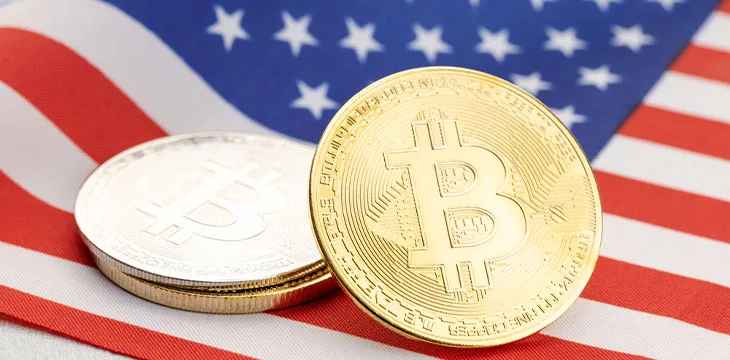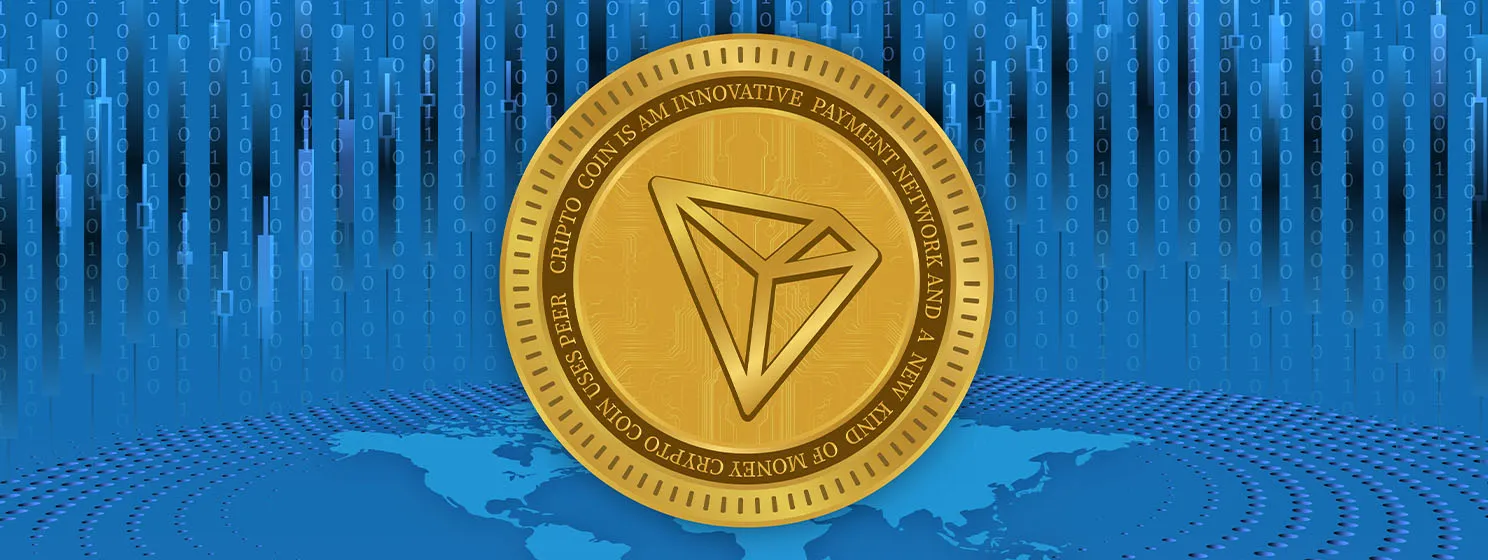|
Getting your Trinity Audio player ready...
|
The United States Congress released a final National Defense Authorization Act, which authorizes appropriations for defense-related activities. However, the package is missing two provisions.
Last week, the U.S. Congress released a final end-of-year National Defense Authorization Act (NDAA), which authorizes appropriations for defense-related activities, but the package did not include any digital asset or blockchain provisions.
“Unfortunately, it appears no crypto or blockchain provisions added to FY24 NDAA,” said Cody Carbone, vice president of policy for the Chamber of Digital Commerce, posting on X (formerly Twitter). “Several bills that were initially in either the House or Senate version did not make the compromised cut.”
One of the cut bills that Carbone refers to is an amendment from Senators Cynthia Lummis (R-Wyo), Kirsten Gillibrand (D-N.Y), Roger Marshall (R-Kan), and Elizabeth Warren (D-Mass), known as the Financial Innovation Act. It would have required regulators to set up examination standards for financial institutions engaged in digital asset activities and also mandated the Treasury Department to come up with recommendations to Congress on digital asset mixers.
“I will continue to work tirelessly to pass the Lummis-Gillibrand Responsible Financial Innovation Act to ensure the United States remains the global financial leader,” said Lummis in a statement emailed to The Block.
She went on to say Congress needs to “pass meaningful crypto asset legislation to provide robust consumer protections and create a well-regulated and safe crypto asset market in the United States.”
This will likely be a battle for 2024, with several digital asset bills currently working their way through Congress, including the Financial Innovation and Technology (FIT) for the 21st Century Act, the Blockchain Regulatory Certainty Act, the Financial Technology Protection Act of 2023 and the Clarity for Payment Stablecoins Act of 2023.
The industry also expects change in the new year, not least the Chamber of Digital Commerce. After lamenting the lack of digital asset provisions in the final NDAA, Carbone suggested that “appropriations or all legislation is now a 2024 effort (likely).”
The exclusion of blockchain and digital currency technologies is “a pivotal missed opportunity,” according to Bryan Daugherty, Public Affairs Director – Americas of the BSV Blockchain Association.
“The NDAA’s exclusion of blockchain and cryptocurrency technologies represents a pivotal missed opportunity. Blockchain’s unique capacity for enhancing cybersecurity, through its immutable and transparent nature, is critical for national defense strategies in our increasingly digital world,” he tells CoinGeek. “In my professional journey, I have consistently emphasized blockchain’s transformative role in reinforcing cybersecurity. Its unparalleled ability to ensure data integrity and reduce fraudulent activities is indispensable for securing our nation’s critical infrastructure systems.”
This is especially true in the area of cybersecurity, where blockchain technology “can be a game-changer in safeguarding sensitive data and infrastructure,” Daugherty points out.
“Blockchain technology stands at the forefront of innovation in cybersecurity. Its integration into defense networks can revolutionize our approach to data security, providing a more efficient, secure, and transparent framework crucial for national security. The true potential of blockchain lies in its inherent security features. In an era where cyber threats are escalating, integrating blockchain into our national defense mechanisms can be a game-changer in safeguarding sensitive data and infrastructure,” Daugherty explained. “As an advocate for blockchain adoption across various sectors, I view the NDAA’s oversight as a delay in embracing technologies that could significantly advance our national security infrastructure, ensuring a more resilient defense against evolving cyber threats.”
Watch: Why blockchain regulatory oversight is important

 07-27-2025
07-27-2025 





